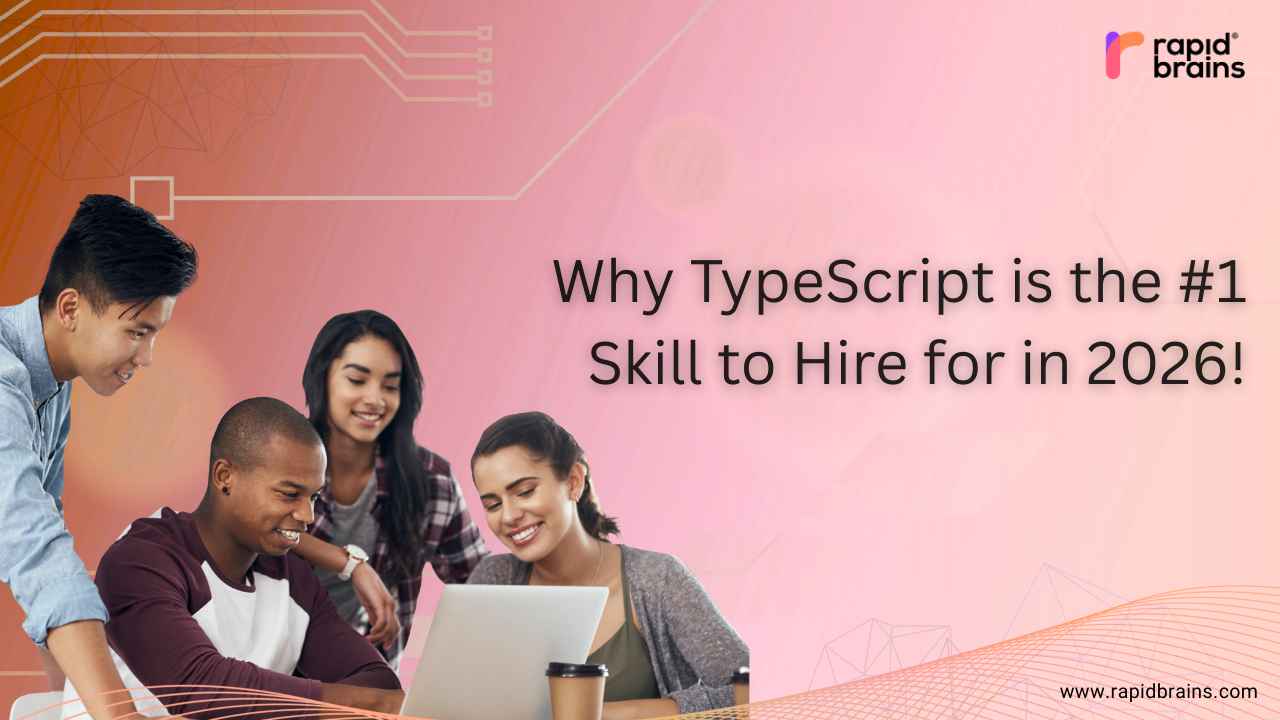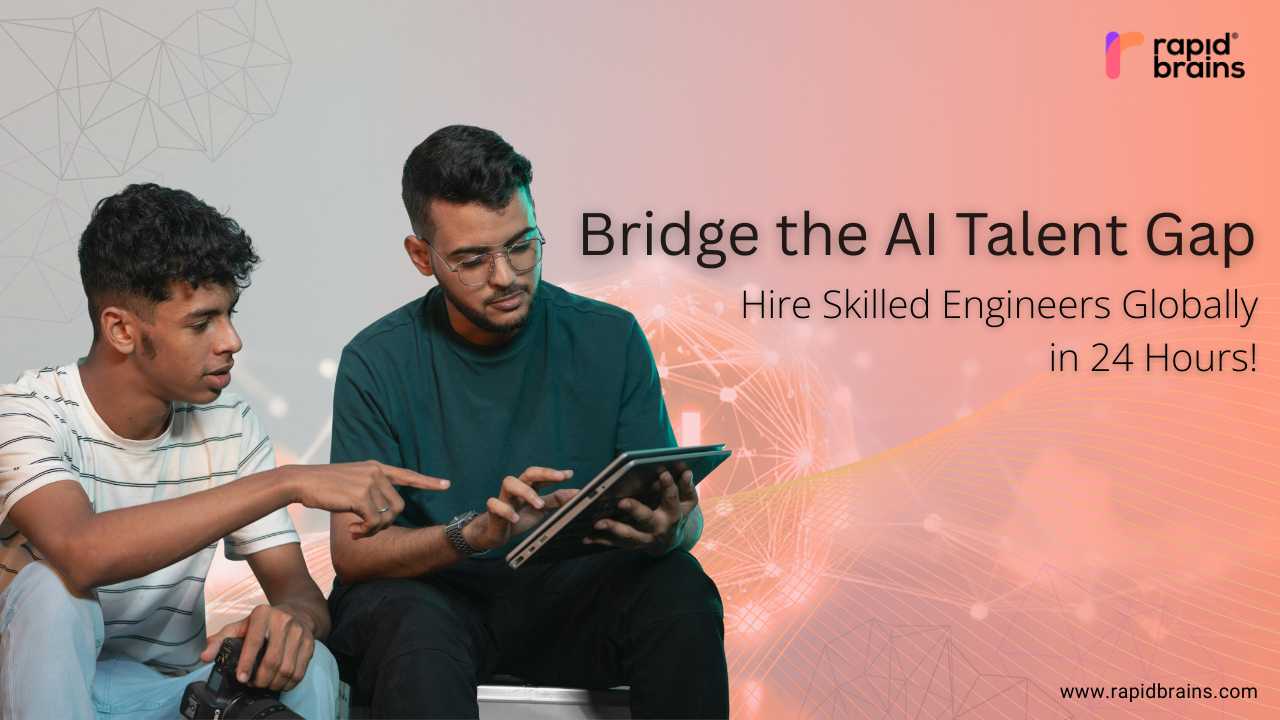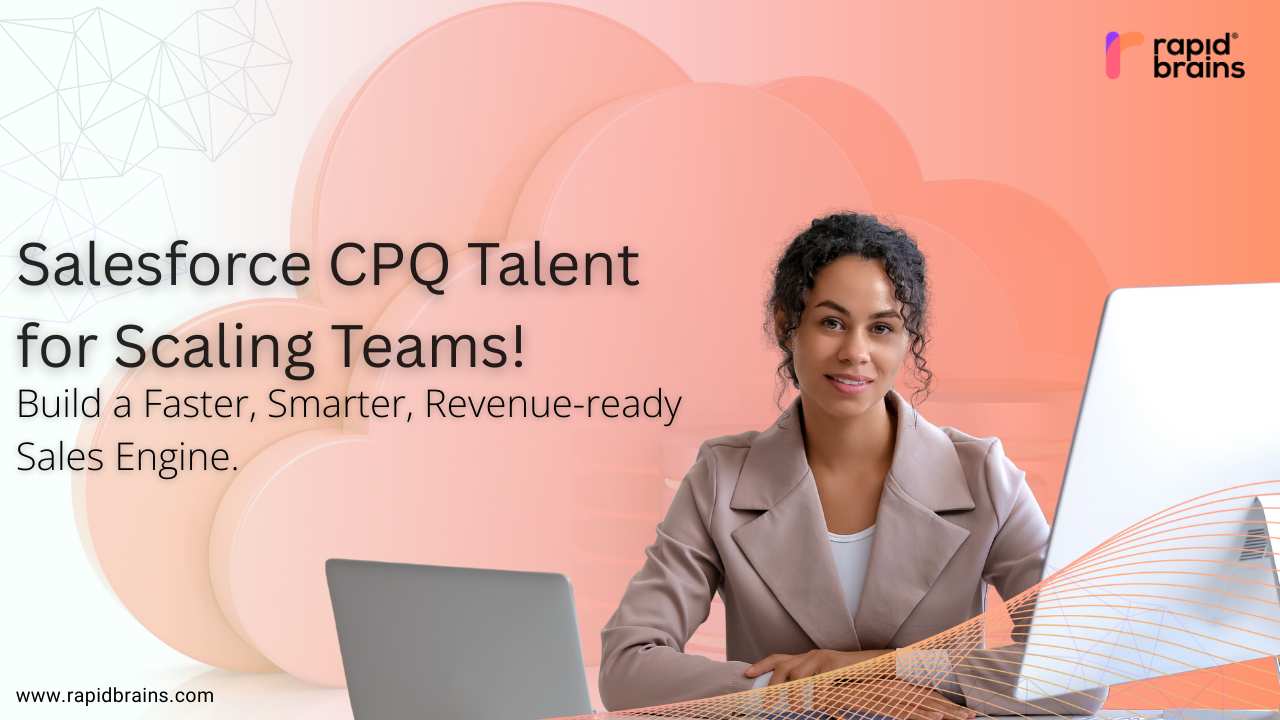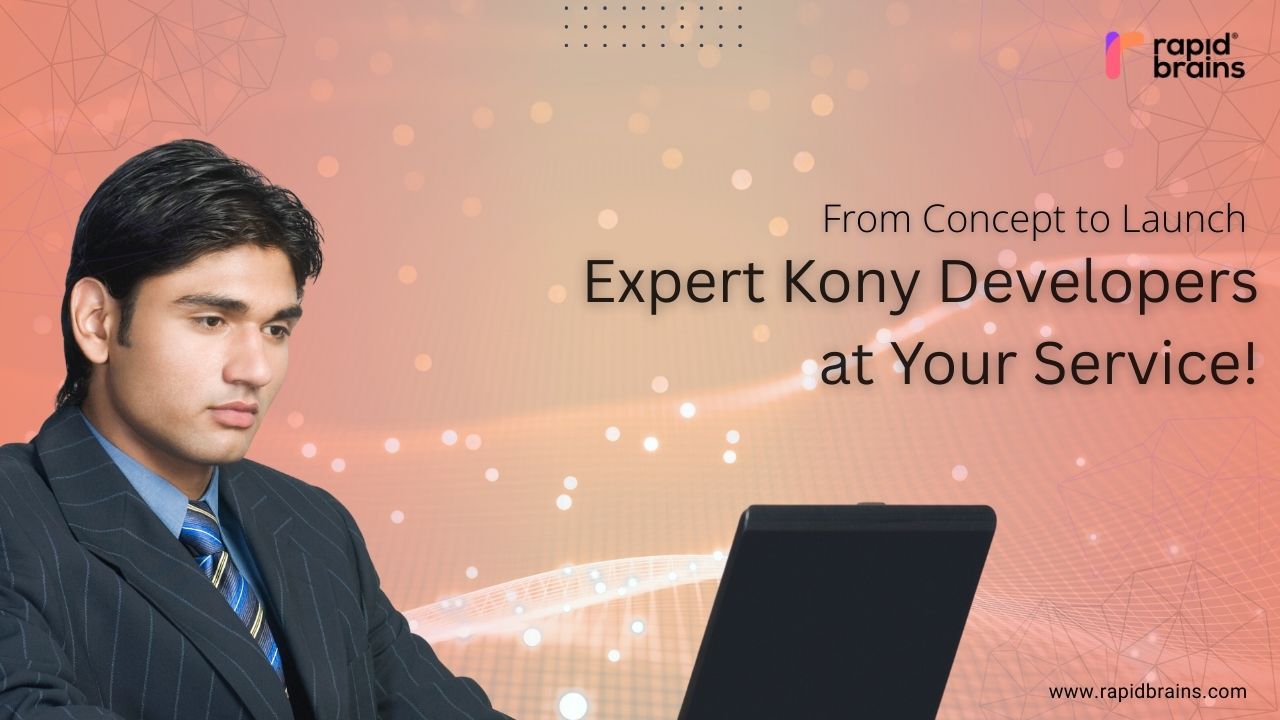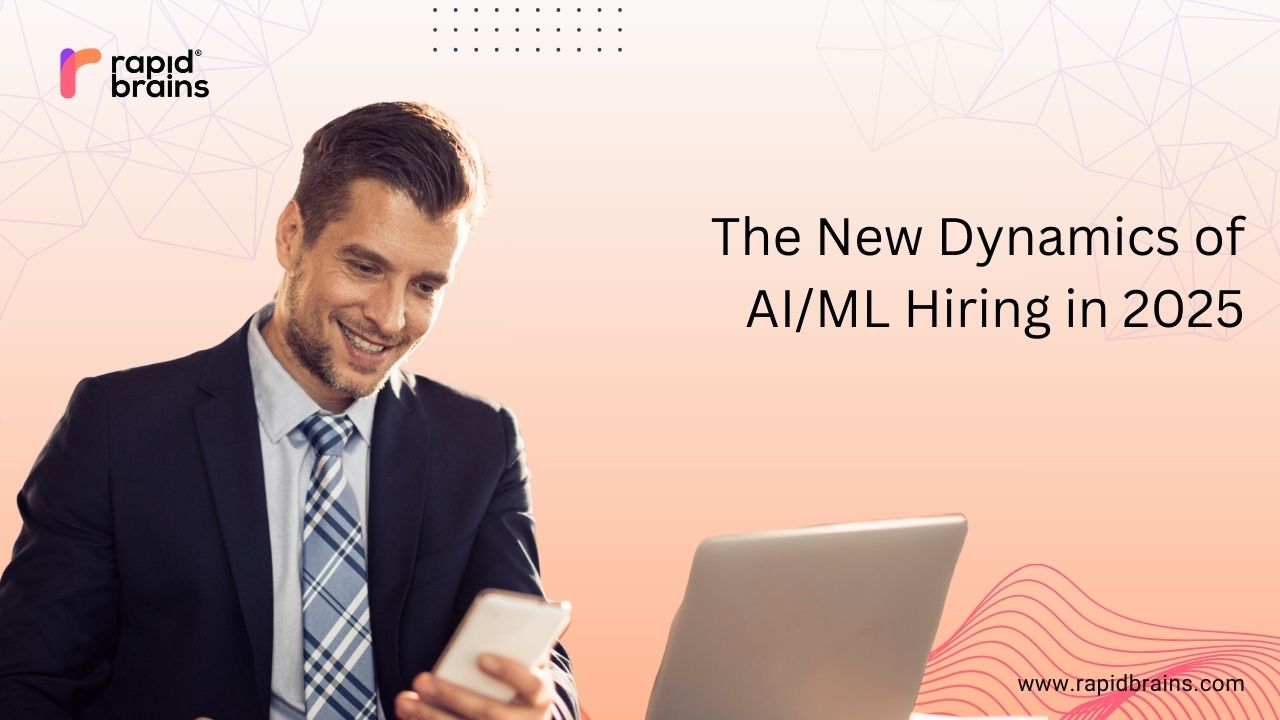
The rise of hybrid and remote work means that businesses can hire remote AI engineers from anywhere in the world, accessing a wider talent pool while maintaining cost efficiency. Companies now operate in a distributed and global-first environment. Organisations that want to hire AI engineers in 2025 must focus equally on both technical and analytical expertise. This shift has made remote hiring a cornerstone of the ML engineer hiring guide 2025, enabling companies to scale faster without geographical limits.
Core Technical Skills
1. Mathematical and Statistical Foundations
At the heart of AI and ML lies mathematics. Engineers should be proficient in linear algebra, calculus, probability, and statistics. These skills are crucial for building algorithms that are accurate, efficient, and scalable. Organisations that hire machine learning engineers often test these abilities during the recruitment process.
2. Programming and Frameworks
Python remains the backbone of AI development, but engineers should also be skilled in R, Java, or Julia. This is a key area to evaluate when you hire AI engineers or hire machine learning engineers for production-ready projects.
3. Data Engineering Skills
AI models are only as good as the data fed into them. Look for expertise in data preprocessing, ETL pipelines, and database deployment with Django. The ability to manage large and complex datasets is one of the top priorities highlighted in every AI engineer hiring guide 2025.
4. Deployment and Integration
Today’s ML engineers must go beyond model training. They need to know how to deploy models in production, using tools and cloud platforms. This ensures solutions are not just theoretical but deliver real-world results. When you hire remote AI engineers, this deployment expertise becomes even more critical, as they may be collaborating across borders on live systems.
5. Domain Knowledge
In 2025, industry-specific knowledge is a differentiator. An ML engineer working in healthcare must understand HIPAA regulations and patient data privacy, while someone in finance needs to know compliance frameworks. Businesses that hire machine learning engineers with domain expertise often achieve faster project success.
Essential Soft Skills for AI/ML Engineers
Technical brilliance alone is not enough. AI projects often fail because engineers cannot collaborate and communicate effectively. Here are the must-have soft skills:
- Problem-Solving Mindset – Engineers should approach business challenges with creativity and logical thinking.
- Collaboration –Since AI projects span multiple departments, teamwork is crucial, often involving AI developers, cloud engineers, and other specialised tech talent.
- Ethical Awareness – With AI influencing human decisions, engineers need sensitivity toward bias, fairness, and accountability.
When you follow an ML engineer hiring guide 2025, always weigh both technical depth and these essential human skills. It’s not enough to simply hire AI engineers with strong coding backgrounds.
Trends Shaping AI/ML Hiring in 2025
- Remote-First Hiring – More organisations are choosing to hire remote AI engineers, opening doors to diverse global talent and shaping their broader AI strategy for 2025 and beyond.
- Focus on Explainable AI (XAI) – Businesses demand transparency in how models make decisions, making this a sought-after skill.
- Edge AI and IoT Integration – Engineers with experience in deploying ML models on edge devices are in high demand. Companies that hire machine learning engineers with edge expertise will gain a competitive advantage.
- Interdisciplinary Teams – AI engineers now work alongside domain experts, data scientists, and business analysts, making cross-functional collaboration a necessity. Every AI engineer hiring guide 2025 emphasises this shift toward collaborative structures.
Best Practices for Hiring AI/ML Engineers
- Define Clear Objectives – Identify the business objectives.
- Test with Real Projects – Ask candidates to solve practical AI problems. This is one of the best ways to evaluate when you hire AI engineers.
- Balance Cost and Expertise – Hiring globally can reduce costs, but ensure quality is maintained. Many firms now prefer to hire remote AI engineers to achieve this balance.
- Invest in Continuous Learning – Encourage engineers to upskill regularly.
According to the ML engineer hiring guide 2025, companies that support lifelong learning retain top talent longer. By following an AI engineer hiring guide 2025, organisations can avoid mistakes and hire machine learning engineers that align with both technological and business goals.
Conclusion
Hiring the right AI/ML talent in 2025 requires a blend of technical expertise, problem-solving ability, and adaptability. Whether you want to hire AI engineers for data-driven strategies or hire machine learning engineers to build scalable models, the right approach makes all the difference. Global hiring opportunities also make it easier than ever to employ remote AI engineers who bring unique perspectives and cost benefits. With platforms like RapidBrains, finding and hiring specialised AI and ML engineers worldwide has become more seamless than ever.
